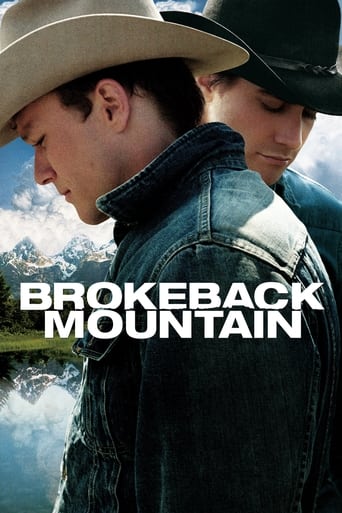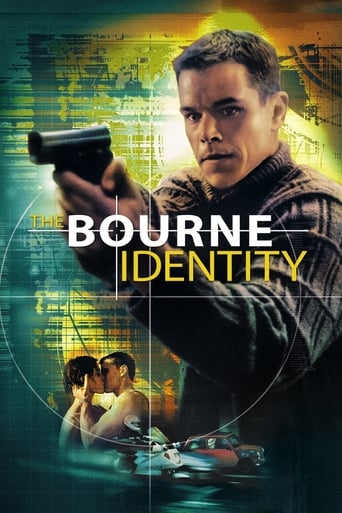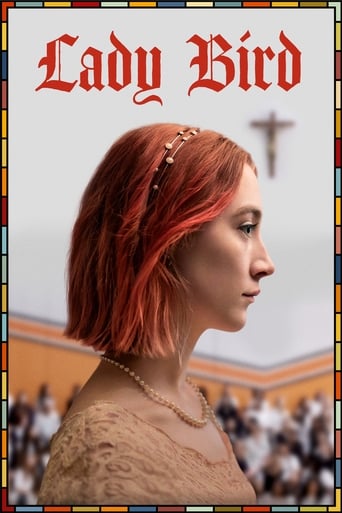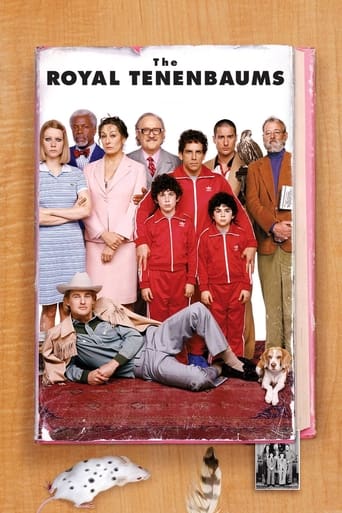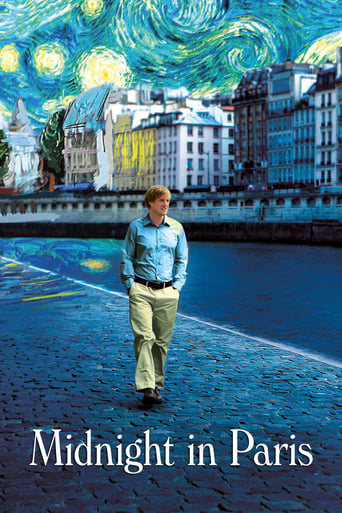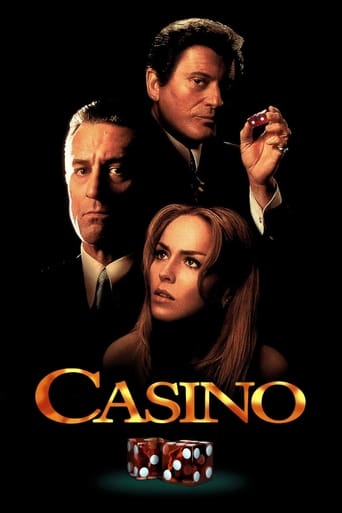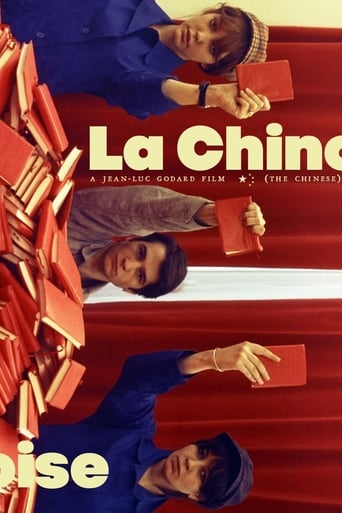


La Chinoise
A small group of French students are studying Mao, trying to find out their position in the world and how to change the world to a Maoistic community using terrorism.
-
- Cast:
- Anne Wiazemsky , Jean-Pierre Léaud , Juliet Berto , Omar Diop , Francis Jeanson , Raoul Coutard


Similar titles
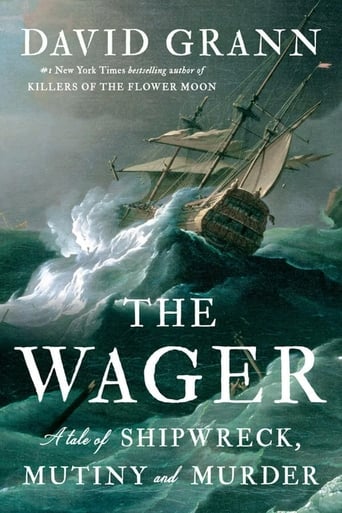

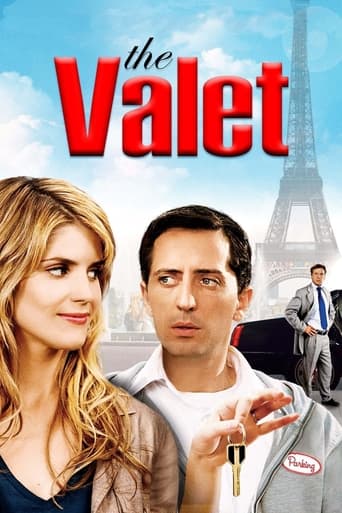
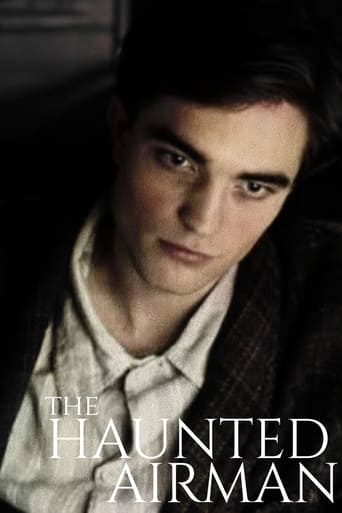
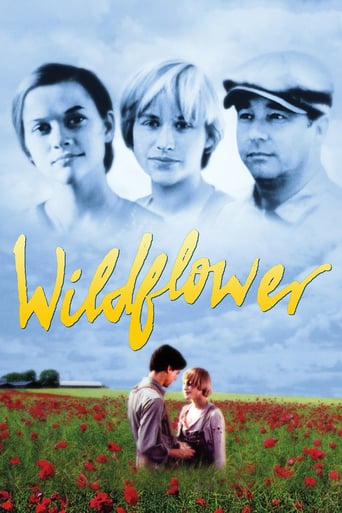
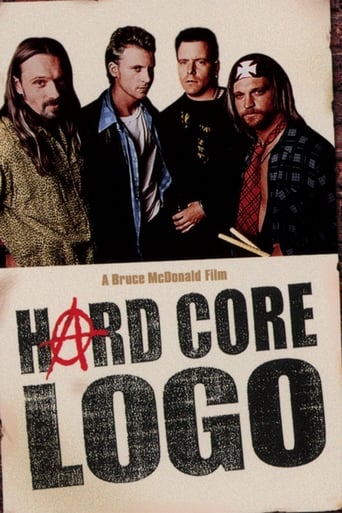
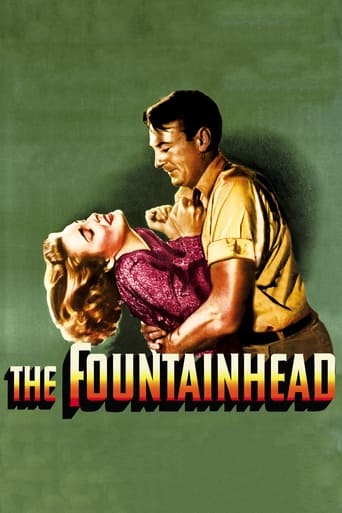
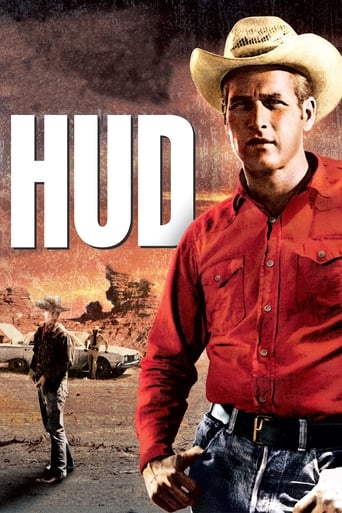
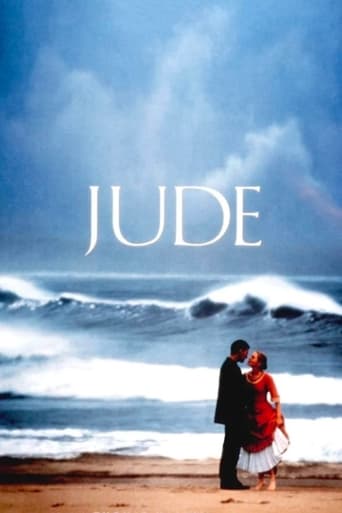
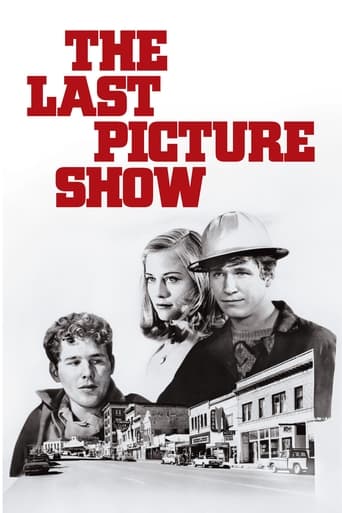
Reviews
Thanks for the memories!
I'll tell you why so serious
Good concept, poorly executed.
Crappy film
I will give Godard due credit for his filmmaking skill and innovation. This movie, like most of his, is marked by a playful sense of humor, unusual editing technique, and a bold palette of primary colors. But good lord, the rhetoric. Perhaps more than in any other of his films, he has people doing that thing which drives up the goddamn wall: reading straight from a book. In this case, mostly Mao's little red book. If you like people constantly spewing didactic slogans at you in a monotone voice, this is the movie for you. The best part is that Godard appears to be poking fun at these young, bourgeois Marxists. It seems like Anne Wiazemsky's character wants to become a revolutionary terrorist just to get out of going to class. But this is also the worst part, because I view Godard as on par with them. He's a wealthy, privileged white guy playing Commie, sneering at everyone else. "Look at how clueless THESE little hypocrites are, but I'M the real deal." Phooey.
With this film, Godard applies his attention to the awakenings of Maoism and other left wing groupings among the western youth, which became highly dramatic in France and elsewhere just one year later. In this regard, he attempts to press forward an explicit political statement with the story of 5 young students, living together in a commune and studying Mao's bible. In doing so, Godard establishes a very interesting position within commercial cinema - for one thing, by siding with the political line of the Marxism-Leninism, or rather putting its policy up for discussion, for another thing, by giving this film an utterly unspectacular structure which is mostly based on language and reasoning discussions. For long periods, this film has the character of a Brechtian teaching play and does not show the result of thought process, but the fumbling and unsure, often awkward gait of thinking itself between the grueling influences of the exterior environment, politics and history, which Godard quotes as signs and images of pop culture. It's probably not Godard's most engaging film, but it's certainly very intriguing, given the course of history after this film was made.
Godard's second masterpiece of 1967 - the first being Week End - is a brisk social satire on the nature of petty bourgeois revolutionaries playing terrorists from the comfort of their parent's suburban apartment building, presented in the form of an infernal parody of Dostoevsky's The Possessed (1872). The film is famous for two reasons; firstly for predicting the eventual mood and political atmosphere of the events of the following year - with French university students plotting a course for political action and enforced revolution in a way that is highly reminiscent of the eventual proceedings of May, 1968 - and secondly for Godard's increasingly confrontational style of film-making; with his continual experiments with Brechtian inspired alienation techniques employed alongside the once radical appropriation of abstract design concepts, pop art and psychedelia.Like the third film of Godard's '67 trio, 2 or 3 Things I Know About Her, La Chinoise is presented as a series of dialogues and sketches that establish the political climate of the period, the nature of the characters and their various relationships with one another, and finally, their all encompassing views and opinions on concepts such as Maoism, the war in Vietnam and their position as Marxist-Leninists. In the past, many have misinterpreted the film as being Godard's ode to Maoism, working almost as a piece of socio-political propaganda in a similar way to how the influence of Marx is sometimes wrongly interpreted on the thematic foundation of the aforementioned Week End. However, I can't image that Godard was being entirely earnest with his depiction of a self-appointed student commune tackling the issues of the day in a series of absurd role-playing games, forthright discussions and the eventual urge for violence, but rather, using this absurd and provocative notion as a springboard to a series of more interesting, ideological discussions.As a result, attempting to explain the deeper subtext of La Chinoise in any kind of greater detail can be a daunting task. I myself don't fully understand every facet of what Godard was attempting to say with the film. Like many, I can only approach it on a personal level by making assumption and describing the experience. Though the ultimate intent of Godard, the political background of the film and the satirical nature of the presentation can all be seen as off-putting to those of us disconnected, either geographically or generationally from the events of this period, the basic foundations of the film and the dynamics between the four or five central characters are immediately recognisable. Though I'm sure that Godard had a great belief in Mao and the teachings of his "little red book" he continually argues against the ideologies of the central characters, either through the use of other, more informed supporting players, or by the subtle use of mise-en-scene; reminding the audience that these characters, although well-read and university educated, are still children, and thus, express themselves through childish games and fancy dress.As with Week End, the ultimate depiction of the characters here is so contemptuous as to underline Godard's satirical intentions, as they bleat and pontificate amidst the director's onslaught of ironic visual motifs that seem to conspire to make a mockery out of their objectives and ideals. In terms of performances, La Chinoise is one of Godard's best; benefitting from an incredible lead performance from Jean-Pierre Léaud as drama student Guillaume, whose pretension and theatricality make him an obvious and charismatic leader for the group, which here includes Anne Wiazemsky as would-be philosopher Veronique, Juliet Berto as a character reminiscent of a younger incarnation of Marina Vlady's character in "2 or 3 Things" - in terms of her farm girl roots and casual prostitution - and Michel Séméniako as the conflicted and ultimately far more thoughtful of the group, Henri. There is also an appearance from philosopher and radical thinker Francis Jeanson who, in the film's most important scene, criticises the actions of the group as childish and uninformed in a way that adds a great deal of weight to the film's counter argument and indeed, Godard's perspective on his characters.Unlike "2 or 3 Things", the casting of La Chinoise actually brings something to the film; with the wit and charisma of the students making Godard's attack and more pointed moments of satire easier to digest. However, where the film really succeeds is in Godard's typically bold direction. If you're familiar with any of Godard's previous work of this period, such as Pierrot le fou (1965) and Made in USA (1966), then you'll know what to expect from his characteristic and unique use of production design, shot composition, sound and editing. The hand-painted design of the student's apartment, with the typically Godardian use of primary colours and agitprop slogans stencilled into the mise-en-scene is a fantastic example of how to create an interesting frame on a limited budget, whilst the continual bombardment of Marvel characters to act as ironic signifiers to the heroes and villains of the time, alongside hand-tinted photocopies of political figures that underline the spirit of the central characters, give context to the proceedings.The look of the film illustrates Godard's fantastic imagination, wit and intelligence; with the use of music - including classical compositions and ironic pop songs - as well as the dialog and performances from the cast making La Chinoise one of the filmmaker's most memorable and successful works. Though mostly a playful film in tone, La Chinoise hints at an escalating air of violence and political unrest that would eventually explode in the final moments of the apocalyptic Week End; while many of the more recognisable themes and stylistic preoccupations developed in those other films from 1967 would be continued in subsequent works such Le Gai savoir (1968) and Comment ca va? (1978). Though many people may find the film hard going or dated even, La Chinoise is, for me at least, one of Godard's most intelligent, interesting and entertaining films from the pinnacle of his career.
Shot a few months before his next masterpiece, La Chinoise is perhaps Godard's best film. The bourgeois Leninist-Communist struggle our commune is doing is both extremely tragic as is a comic one. The film is titled also 'a film in a making' and the film is indeed in a making with all the usual godard tricks such as actors talking to the camera, interviews showing the camera and the production men and so on. But these tricks come not without reason as we witness the group's struggle with what godard was struggling at the time: the fight in two ways. The artistic and the politic one. Godard as well known decided in 1968, a year after this film that 'a political intellectual has only one way to become one: stop being an intellectual' (this is not the precise quoting). This film struggles with some of the most modern and post-modern issues such as the function of language, and the implausibility of the fight against capitalism, and the modern necessity of being a bourgeois and a consumer. the only struggle that is possible is perhaps through art (theater) which is what our heroes do, and what godard is doing. and perhaps he had that notion all through his communistic period. Godard is for me the best Director ever. Each film is like a manifest. each line is poetry. each word is a world.ido,

